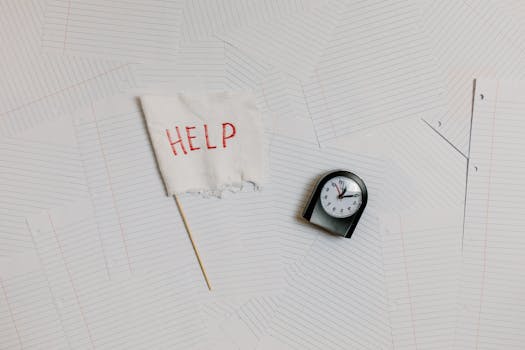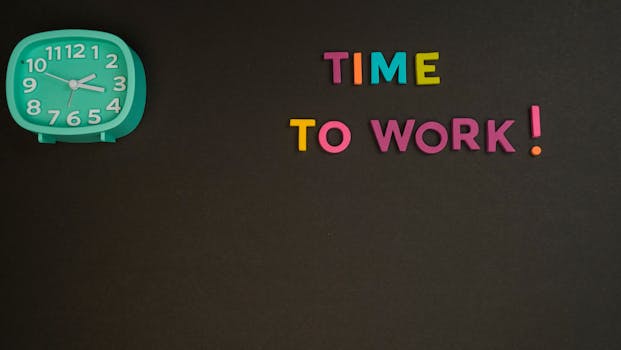
Time Management Strategies for Personal Efficiency
Time management strategies for personal efficiency are essential in today’s fast-paced world. With numerous tasks and responsibilities competing for our attention, it’s easy to get overwhelmed and lose sight of our goals. Effective time management enables us to prioritize tasks, manage our time wisely, and achieve a better work-life balance.
Understanding the Importance of Time Management

Time management is not just about getting more done in less time; it’s about making the most of our time to achieve our goals and enjoy a sense of fulfillment. When we manage our time effectively, we can:
- Reduce stress and anxiety
- Increase productivity and efficiency
- Improve our work-life balance
- Enhance our overall well-being
Time Management Strategies for Personal Efficiency

Here are some effective time management strategies to help you boost your personal efficiency:
- Set clear goals: Establishing clear goals helps you focus on what’s important and allocate your time accordingly. Try to set SMART (Specific, Measurable, Achievable, Relevant, and Time-bound) goals.
- Use a task list: Write down all your tasks, big or small, and prioritize them based on their importance and urgency. Use tools like to-do lists, calendars, or apps to stay organized.
- Implement the Pomodoro Technique: This technique involves working in focused 25-minute increments, followed by a 5-minute break. After four cycles, take a longer break of 15-30 minutes.
- Avoid multitasking: Multitasking can decrease productivity and increase stress. Focus on one task at a time to ensure you’re giving it your undivided attention.
- Learn to say no: Be mindful of taking on too much and learn to say no to non-essential tasks that can derail your focus.
- Take breaks: Taking regular breaks can help you recharge and maintain your productivity throughout the day.
- Stay organized: A cluttered workspace can lead to a cluttered mind. Keep your workspace organized, and use tools like folders, labels, and categories to stay on top of your tasks.
- Use technology to your advantage: Utilize tools like calendars, reminders, and project management software to streamline your workflow and stay on track.
Additional Tips for Effective Time Management

In addition to the strategies mentioned above, here are some extra tips to help you manage your time more efficiently:
- Avoid procrastination: Break down large tasks into smaller, manageable chunks to help you stay focused and avoid procrastination.
- Stay hydrated and energized: Drink plenty of water and eat nutritious foods to maintain your energy levels throughout the day.
- Get enough sleep: Aim for 7-9 hours of sleep each night to help your brain function at its best.
- Exercise regularly: Regular exercise can help improve your focus, productivity, and overall well-being.
- Practice time-blocking: Schedule large blocks of uninterrupted time to focus on important tasks.
Conclusion

Time management strategies for personal efficiency are essential for achieving our goals and enjoying a better work-life balance. By implementing the strategies outlined above and staying committed to your goals, you can boost your productivity, reduce stress, and enhance your overall well-being. Remember to stay flexible, adapt to changes, and continually evaluate and adjust your time management strategy to ensure it’s working for you.






